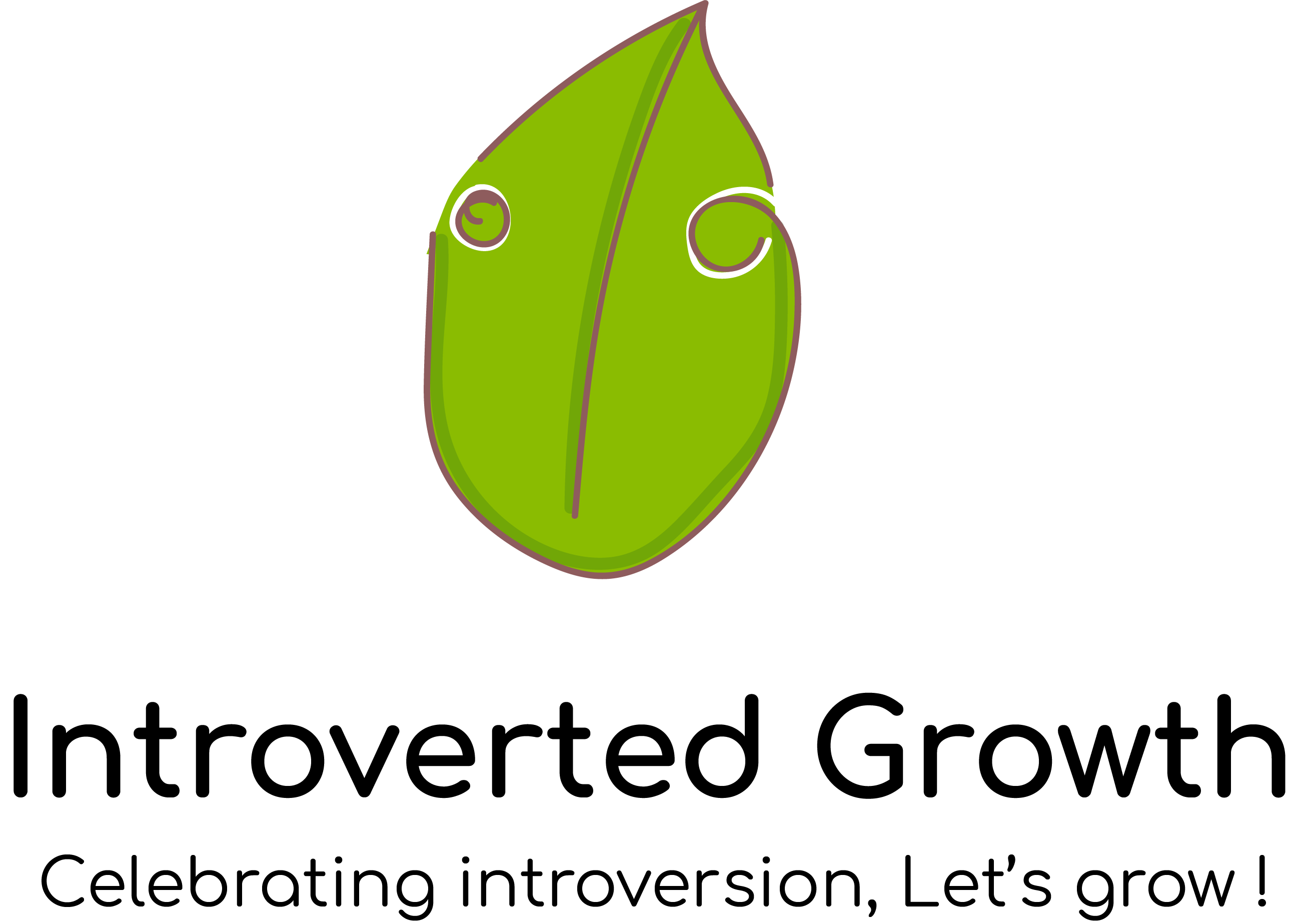ISFP Females are known for their sensitivity, creativity, and love of beauty. They have a strong aesthetic sense and are deeply in tune with their emotions.
Whether you’re an ISFP Female yourself or you’re interested in learning more about this type, this article will provide valuable insights and advice.
This article will cover the following topics in detail:
- An overview of the ISFP Female personality type
- Common challenges faced by ISFP Females
- Tips for building and maintaining healthy relationships as an ISFP Female
- Strategies for self-care that are tailored to the needs of ISFP Females.
7 Common Characteristics of an ISFP Female
ISFP females are introverted, observant, sensitive, and quiet. They have a flexible nature that helps them adapt to different situations. Here are seven characteristics that define ISFP females:
- Creative: ISFP females are artistic and creative. They have a unique perspective on the world and are often drawn to creative professions like music, art, and writing.
- Empathetic: They are highly sensitive to the emotions of others and can easily pick up on non-verbal cues. They have a natural ability to empathize with others and are often sought out for their compassionate nature.
- Independent: ISFP females value their independence and personal space. They prefer to work alone and need time to recharge their batteries after social interactions.
- Adaptable: They are highly adaptable and can adjust to new situations quickly. They are open-minded and willing to try new things, making them great problem solvers.
- Practical: ISFP females are practical and down-to-earth. They have a strong sense of reality and are not easily swayed by abstract or theoretical concepts.
- Private: They are private individuals and prefer to keep their personal lives separate from their professional lives. They value their privacy and do not like to be in the spotlight.
- Flexible: ISFP females are flexible and adaptable. They are willing to change their plans if necessary and are not rigid in their thinking. They are open to new ideas and perspectives, making them great collaborators.
5 Common Challenges ISFP Females
ISFP females are known for their artistic and creative nature. However, they also face some challenges in their personal and professional lives. Here are five challenges that ISFP females may encounter:
- Difficulty with Change: ISFP females may struggle with adapting to change, especially sudden or unexpected changes. They may need time to process and adjust to new situations before feeling comfortable.
- Conflict Avoidance: ISFP females may avoid conflict and confrontation, preferring to keep the peace and maintain harmony in their relationships. This can sometimes lead to them not expressing their true feelings or needs, which can cause problems in the long run.
- Indecisiveness: ISFP females may struggle with making decisions, as they tend to weigh all options and consider the impact on others before making a choice. This can sometimes lead to procrastination or missed opportunities.
- Commitment Issues: ISFP females may have a fear of commitment, especially in romantic relationships. They may struggle with making a long-term commitment or may have trouble trusting their partner.
- Difficulty Planning for the Future: ISFP females may struggle with planning for the future, as they tend to live in the present moment. They may need help with setting goals and creating a plan to achieve them.
Relationships For ISFP Females
ISFP females are known for their caring and considerate nature, making them great partners in a relationship. They tend to be supportive and loyal to their loved ones, making them feel valued and appreciated. ISFPs are also known for their ability to focus on the present, which can be a great quality in a relationship as they are fully present and engaged with their partner.
When it comes to compatibility, ISFPs tend to get along well with partners who share similar values and interests. They are drawn to partners who are kind, understanding, and accepting. However, ISFPs may struggle in relationships with partners who are highly critical or demanding, as they value harmony and avoid conflict.
In a relationship, it’s important for ISFPs to feel appreciated and valued by their partner. They may not always express their needs directly, so it’s important for their partner to be attentive and understanding of their feelings. ISFPs value authenticity and honesty, so their partner needs to communicate openly and honestly with them.
To maintain a healthy relationship, ISFPs should prioritize self-care and ensure they are meeting their own needs. This can include setting boundaries, taking time for themselves, and engaging in activities that bring them joy and fulfillment. By prioritizing their well-being, ISFPs can bring their best selves to their relationships and create a supportive and loving partnership.
Self Care Tips
Self-care is essential for ISFP females to maintain their well-being and avoid burnout. These women must prioritize their needs and focus on activities that bring them comfort and stability.
To practice self-care, ISFP females should start by becoming more aware of their emotions and recognizing when they need to take a break. They should also try to create a gentle and calming environment that promotes relaxation and rejuvenation. Some self-care activities that may benefit ISFP females include:
- Going for a walk in nature
- Practicing mindfulness or meditation
- Reading a book or watching a movie
- Taking a relaxing bath or shower
- Listening to music or creating art
ISFP females should also prioritize their physical health by getting enough sleep, eating a balanced diet, and engaging in regular exercise. They should also try to limit their exposure to stressful situations and people.
This article was all about the sensitive and artistic ISFP female!






